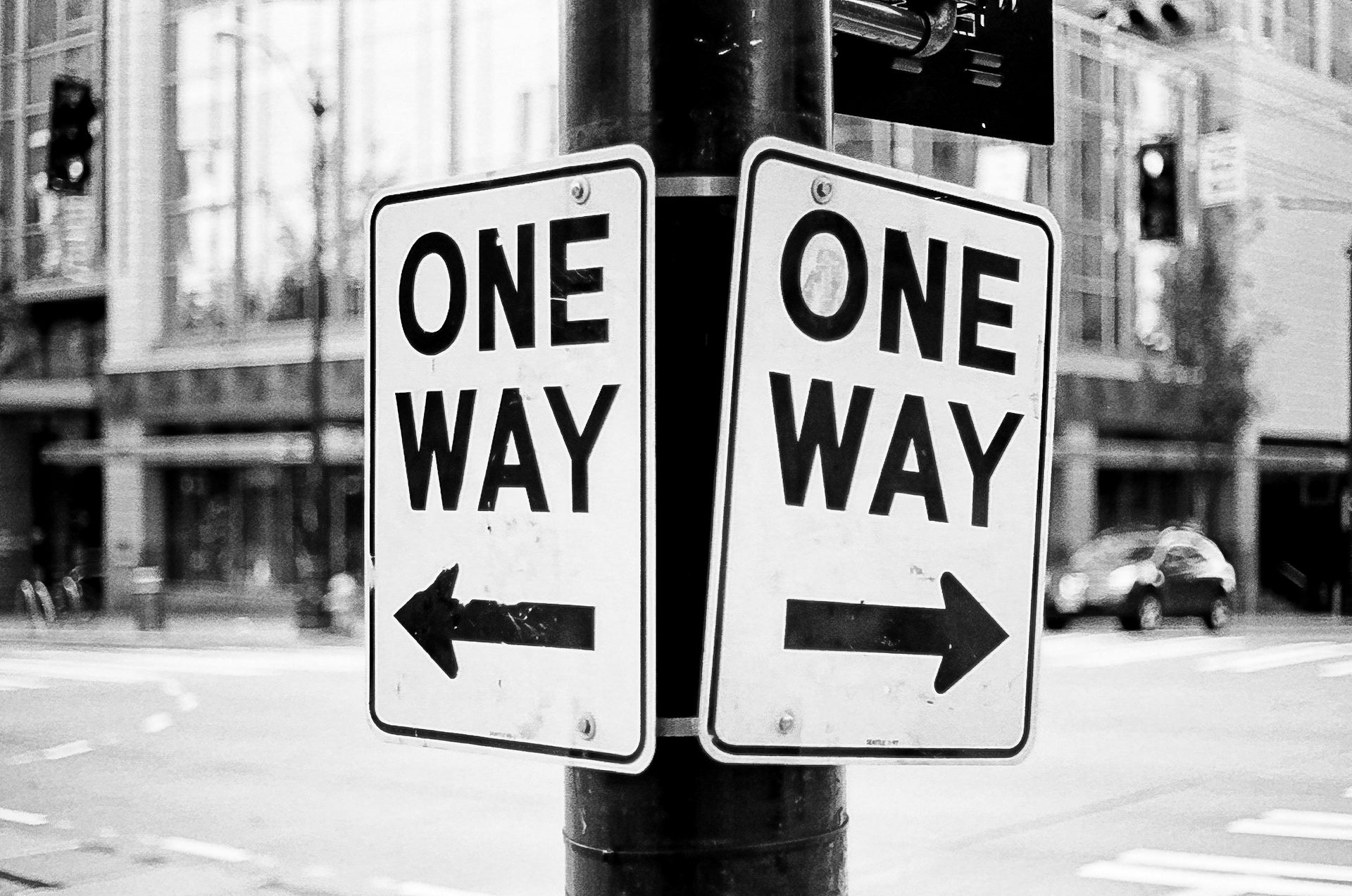How to Build Healthy Relationships (Without Losing Yourself)
Boundaries, red flags, and what real connection should actually feel like

Building meaningful connections as a mom or young professional is challenging. If you’re always giving more than you’re receiving—whether in friendships, romantic relationships, or work—it can feel like you’re losing yourself.
But here’s the truth: healthy relationships are meant to add to your life, not drain it. The key is setting solid boundaries, recognizing red flags, and understanding what a truly supportive relationship looks like.
1. Know Where You End and They Begin
You’ve heard, “You can’t pour from an empty cup,” right? It’s true. You can’t show up for others if you’re not showing up for yourself first. The foundation of any healthy relationship is the one you have with yourself. If you’re constantly saying yes when you want to say no, or neglecting your needs for others, it’s time to step back.
Self-awareness is key. Check in with yourself: Are you drained, resentful, or stretched too thin? If you’re saying yes just to avoid conflict, it’s a sign your boundaries are out of place.
2. Boundaries Don’t Mean Being Cold
Boundaries aren’t about being rude—they’re about honesty. When you communicate your limits—whether with family, friends, or work—you protect your energy. Healthy boundaries might look like saying, “I need some time to recharge,” or, “I’m not up for this conversation right now.” A good relationship will respect that.
If someone values you, they’ll understand that your need for space isn’t rejection—it’s a way for you to show up more fully when you’re together.
3. Red Flags Aren’t Always Obvious
Red flags can be subtle. Trust your gut when something doesn’t feel right. If you feel like you’re giving more than you’re getting or constantly second-guessing yourself, it’s time to reassess. Letting go of draining relationships opens space for those that lift you up.
Relationships that make you question yourself aren’t the ones that will build you up. Recognizing when it’s time to walk away, even if it’s hard, is key to making room for healthier connections.
4. Good Relationships Should Lift You Up
Healthy relationships make you feel supported, safe, and able to be your true self. You shouldn’t have to change or perform to keep the peace. Good relationships feel like home—they’re safe spaces where you can show up exactly as you are, with mutual respect and open communication.
If you’re constantly editing your words or actions to avoid conflict or keep someone happy, it may be time to reevaluate.
5. Letting Go and Creating Space for New Connections
Sometimes, the toughest part is knowing when to let go. People change, and some relationships just don’t align anymore. Letting go creates space for new connections that align with the person you are now—not the person you were.
6. You Don’t Have to Shrink to Be Loved
Healthy relationships should never require you to shrink or apologize for who you are. You don’t need to abandon your needs, time, or values to keep the peace. You’re worthy of love and respect exactly as you are.
By setting boundaries and respecting your needs, you’ll create relationships that truly support you.
The Bottom Line?
Healthy relationships aren’t perfect. But they’re built on mutual respect, honest communication, and the freedom to be yourself.
You don’t need to fovergive, overthink, or shrink yourself to be loved. You don’t have to lose who you are to keep someone else.
You’re allowed to take up space—and be loved for exactly who you are.
If you’re ready to start setting boundaries and building relationships that actually feel good, let’s talk.
Book a support session and we’ll figure it out together.











